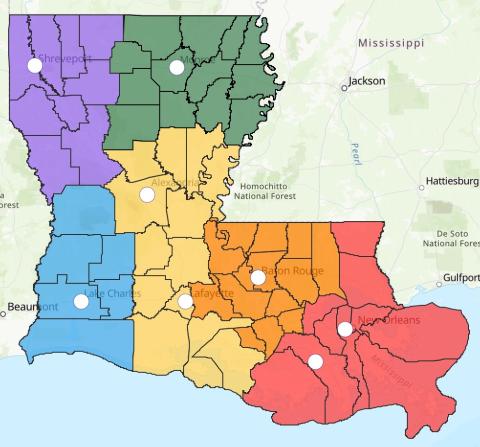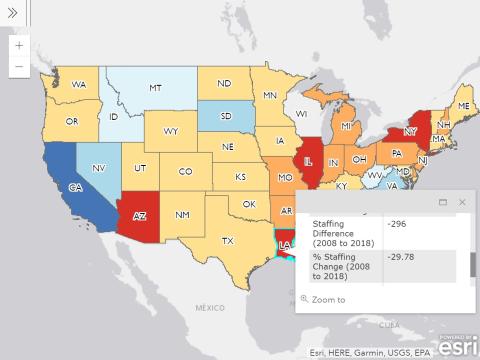I think Spivak's "Subaltern Studies Deconstructing Historiography" could offer two interventions:
(1) First, her notion of "cognitive failure" is helpful to understand how COVID-19 is unfolding. For her, it is not being able to grapple the object of analysis: “Unless the subject separates from itself to grasp the object, there is no cognition, indeed no thinking, no judgment.” She writes this statement to talk about the Marxist and anti-humanist tendency to abhor cognitive failure and see it as inducing paralysis. For Marx and Gramsci, for example, this has been a question of the proletariat class recognizing that they are excluded from the labor of their own bodies, through which their shared consciousness can arise.
For Spivak, however, through her critique of the Subaltern Studies collective, there is no escape from cognitive failure. Just as it is okay that the collective will not be able to speak for the subaltern as much as there is value in it, it is alright to not be able to grapple. The COVID-19 moment is instructive of failures upon failures: failure of neoliberalism, of the nation-state, of parochial activism, of scholarly projects. It is a failure of not being able to do anything even though we have a shared consciousness of failure. It is a failure of being able to be a person, or even being mourned with dignity. Spivak, through her stubborn insistence on being able to build from failure and residues, says that our usual ways of performing scholarship, activism, and subalternity will not work. We have to be able to come together from a point of exhaustion and failure.
(2) Second, Spivak opens up the question of how we construct oppression and exclusion in the archive, especially if the oppressed and excluded figure is not present. The way COVID-19 is unfolding builds upon histories of institutional and informational opaqueness. How do we read absences of the archive, or "against the grain", against institutional and informational opaqueness?



